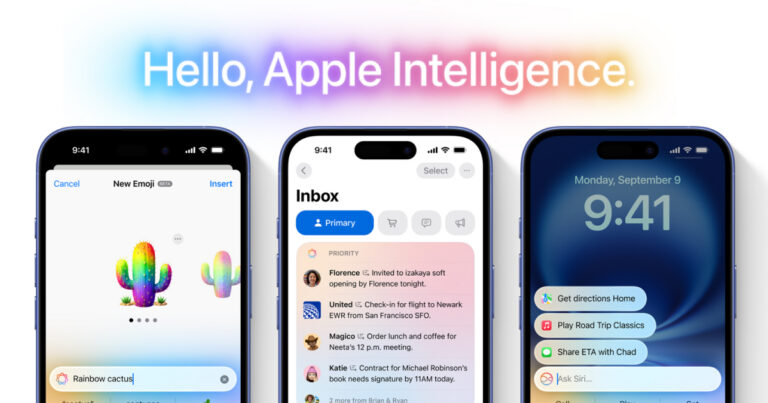Most modern homes require a minimum internet download speed of 25 Mbps. That is only a bare minimum, however, and homes with more people, devices and consumption will require faster internet download speeds to meet their demands without interruptions. Today, the median fixed broadband internet download speed is 195.31 Mbps, according to Speedtest.net, which is more than enough to handle the average internet demands of most households.
Why Do I Need Faster Internet?
Most people encounter the need for faster internet when their internet use stretches beyond online browsing and email. Such use can include streaming media, video calls for work and school, home security video surveillance, and smart devices like lights, doorbells, refrigerators and HVAC systems. As additional devices are connected and higher-quality data is transferred, the single broadband connection “pie” is split into more pieces.
The growing need for faster broadband is not expected to slow down anytime soon. The increasingly varied collection of home and office devices connected to the internet continues to grow. According to market intelligence firm IDC, approximately 80 billion devices will be connected to the internet by 2025, which is an average of 152,000 new devices per minute. That is up from approximately 11 billion connected devices in 2016, when nearly 5,000 new devices were being added per minute.
Why Does My Internet Seem Slow?
As broadband connections improve, the most common cause of slow internet is heavy data demand within a household due to the high-quality data being streamed, and more devices connected to a single broadband modem. Individually, these services do not require fast download speeds, but when combined through simultaneous use by multiple devices and users, the overall data demand can be quite substantial, requiring a faster speed. Typical household data demands include:
- Streaming Video: According to Netflix, the bandwidths recommended for video streaming can vary widely depending on the video quality. The video-streaming service requires a minimum broadband connection speed of .5 Mbps with at least 1.5 Mbps recommended. Netflix recommends 3.0 Mbps for SD-quality videos, 5.0 Mbps for HD-quality videos and 25.0 Mbps for Ultra HD-quality videos.
- Streaming Audio: Music and podcast streams are a substantially lighter burden on bandwidth with the average online radio stream requiring fewer than .5 Mbps, and the highest-quality audio requiring about 2 Mbps.
- VoIP Calls: Voice Over IP phone calls placed via an internet connection land in the same bandwidth ballpark as internet radio and require fewer than .5 Mbps.
- Internet Browsing, Email and Social Media: According to the FCC, a minimum download speed of 1 Mbps is recommended for general internet surfing, emailing and social media usage.
- Videoconferencing: The standard personal video call (e.g., a Skype call) requires about 1 Mbps while the same call in HD requires about 1.5 Mbps, and HD video teleconferencing requires approximately 6 Mbps.
- File Downloads: File download times are dependent on internet speeds with higher speeds enabling faster downloads. For example, a two-hour movie that is 2 gigabytes in size would take about 1.25 hours to download at a speed of 4 Mbps but only about 15 seconds with 1 Gig internet speed.
- Gaming: About 3 Mbps is recommended for connecting a gaming console to the internet while 4 Mbps is suggested for online multiplayer games.
Is 100 Mbps Fast Enough Internet?
Since the median household internet speed in the United States is estimated to be around 120 Mbps, any speed greater than 100 Mbps would be considered fast enough for most homes. Internet demands vary, so 100 Mbps might not be sufficient for families with the highest internet usage. Those families might want to consider fiber internet and its symmetrical upload speeds.
Need help determining which internet speed is right for your home or office? Check out the FTC interactive Internet Speed Calculator! Simply input the number of devices you need connected in your home, and your usual internet activities, and this handy tool will calculate your ideal internet speed. To learn more, visit our Internet Services page.
SOURCES:
https://help.netflix.com/en/node/306
https://www.fcc.gov/reports-research/guides/broadband-speed-guide




